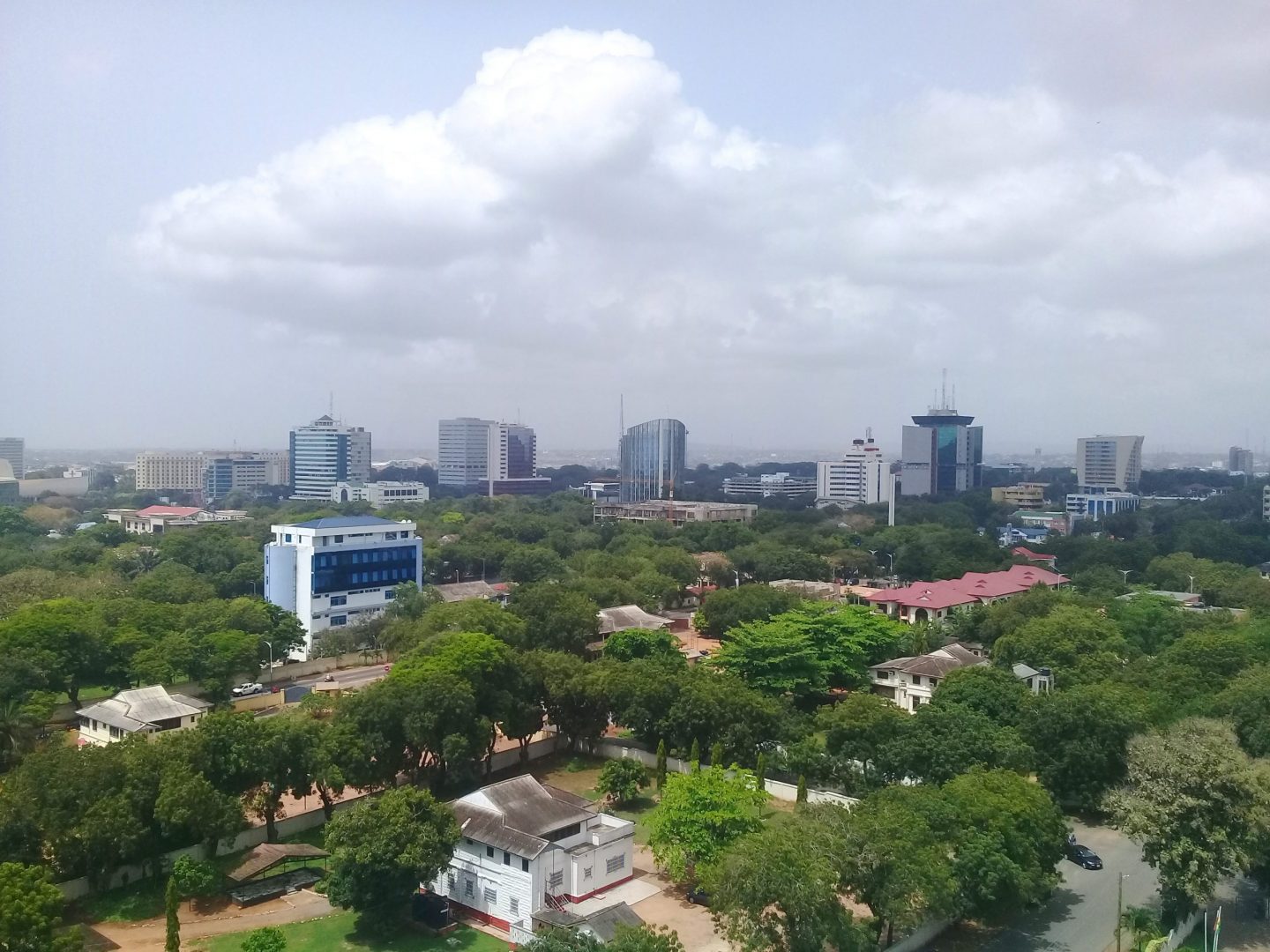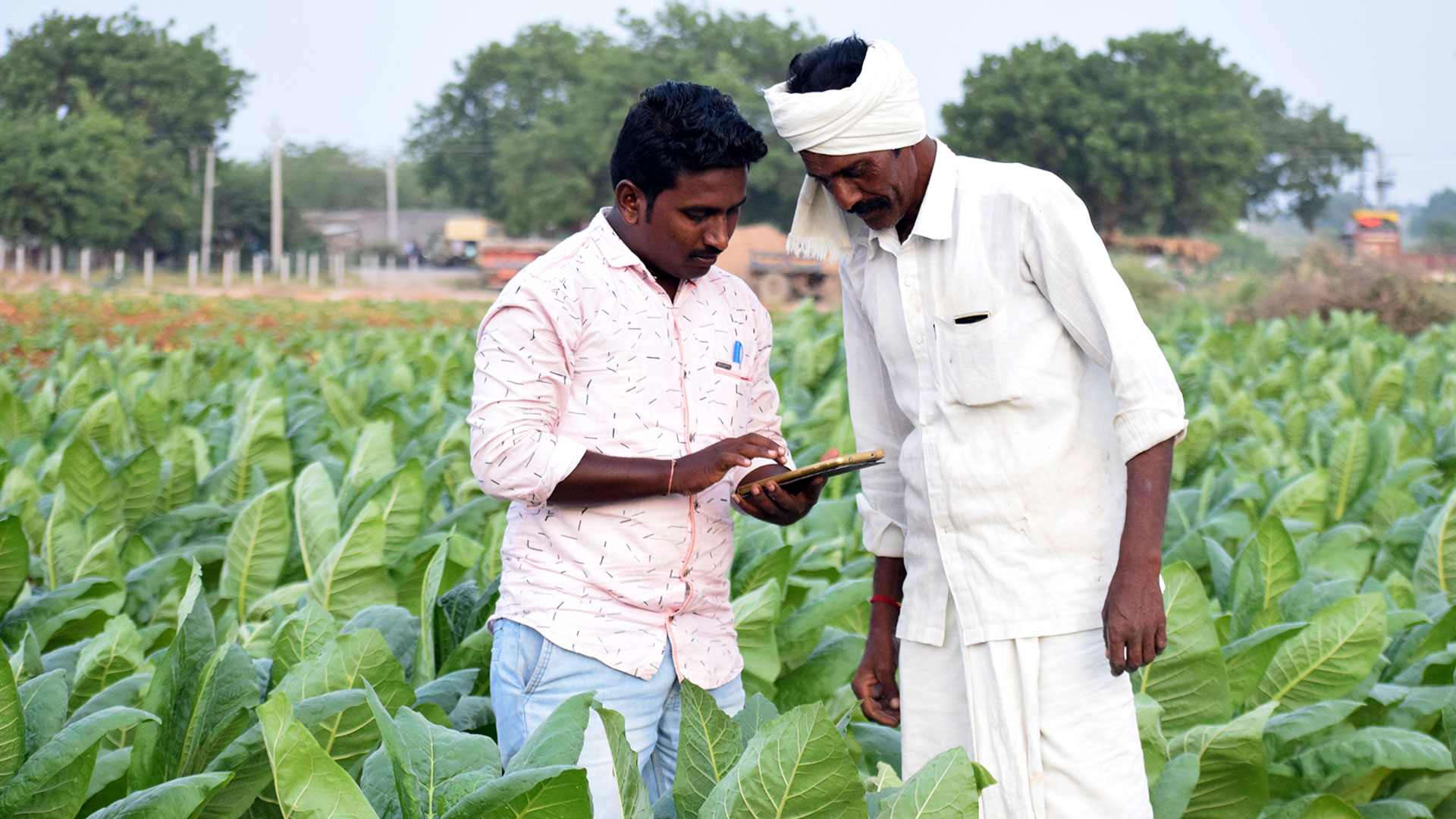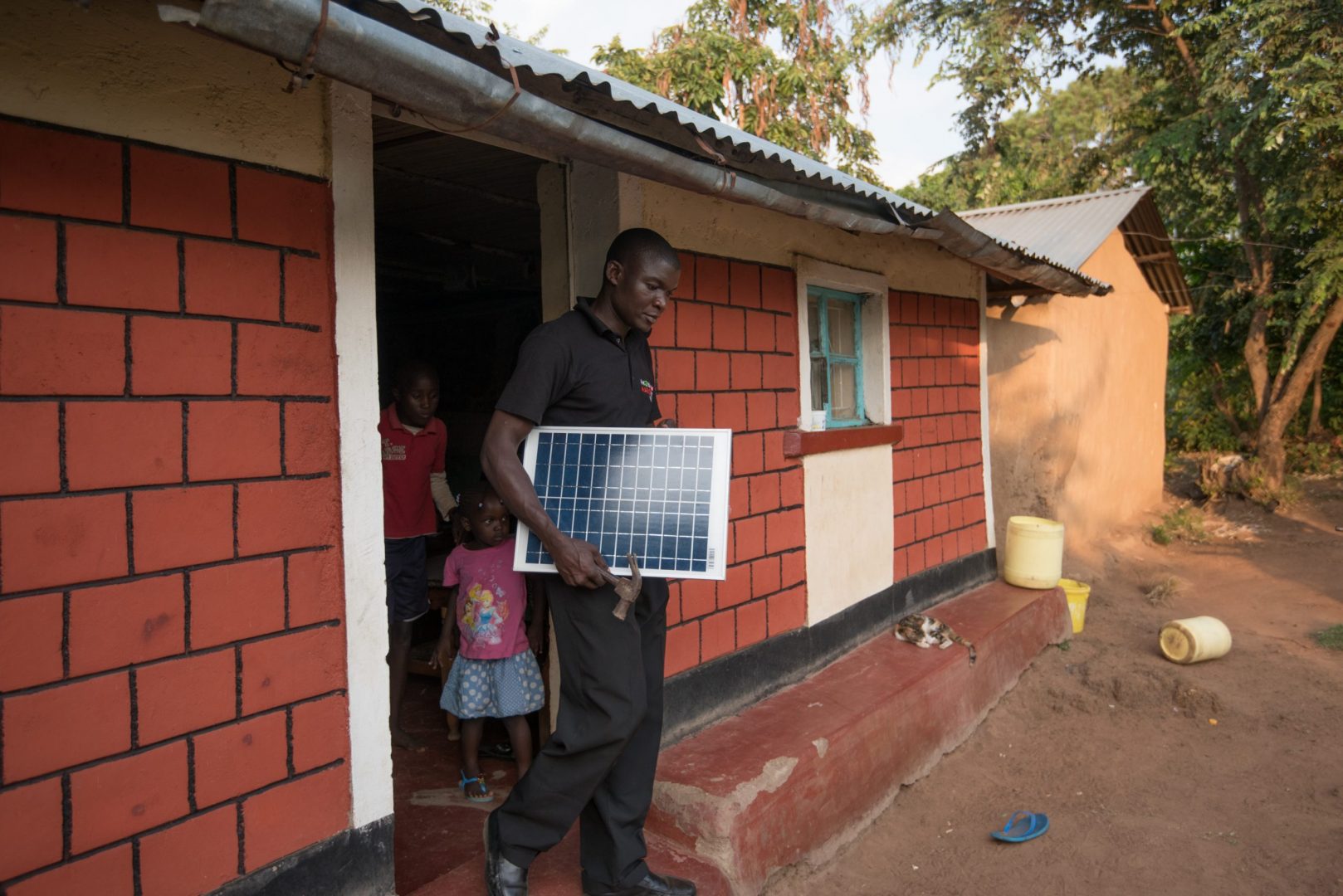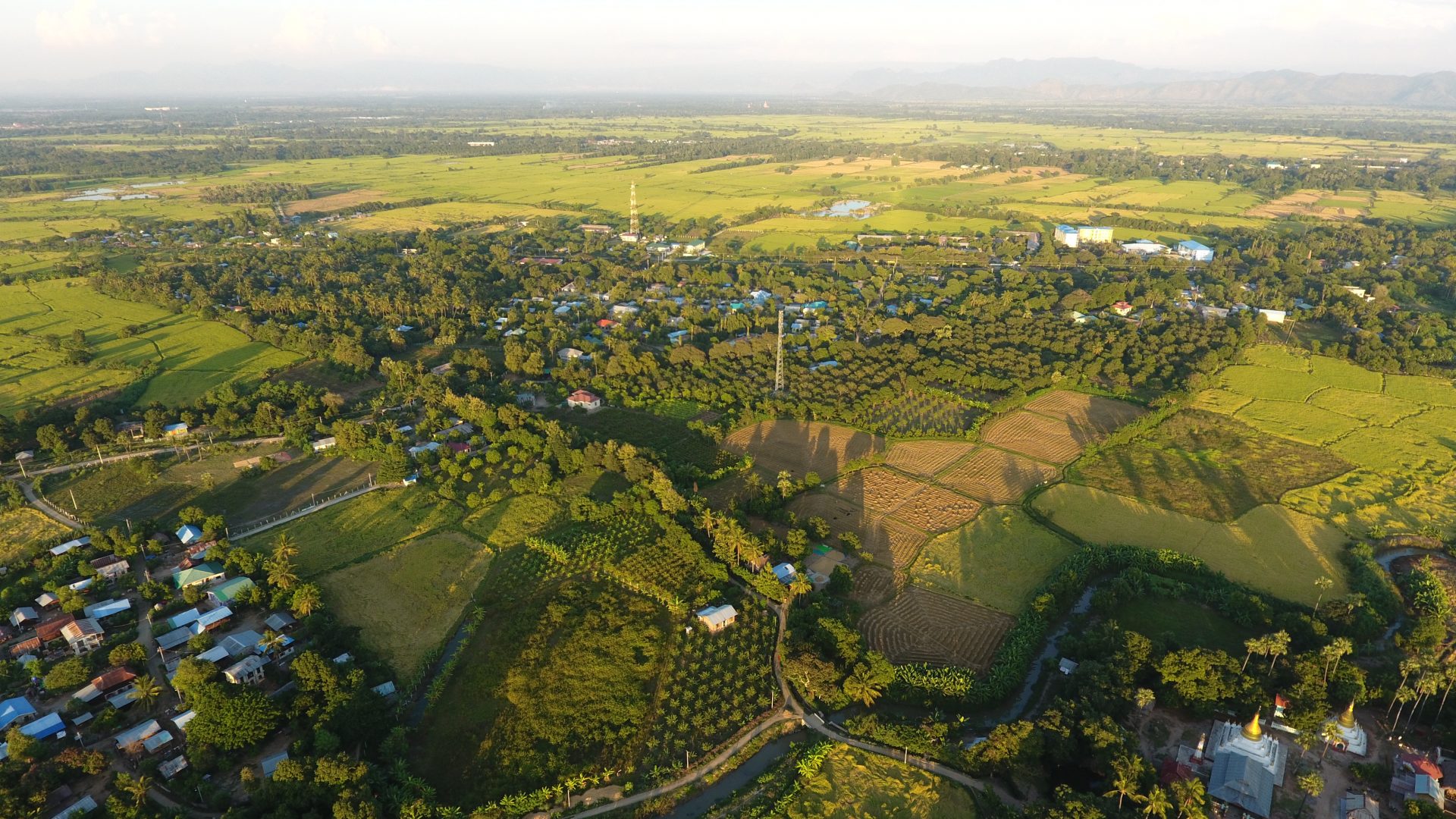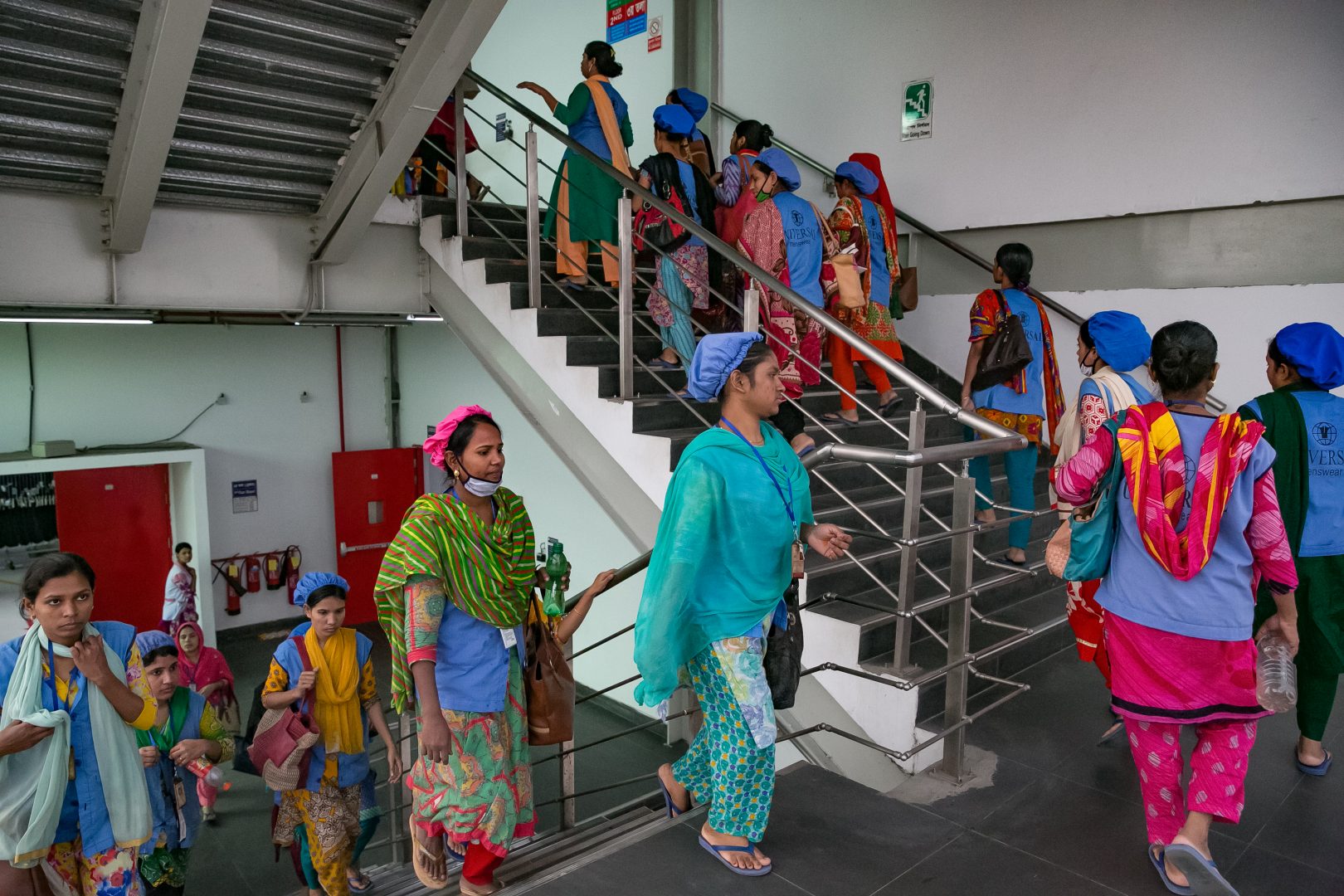CDC and IFC boost collaboration on private sector development
IFC, a member of the World Bank Group, and CDC, the UK’s development finance institution, agreed today to increase and streamline their collaboration in order to provide much-needed financing to private sector companies in South Asia and Sub-Saharan Africa.
CDC became the 14th development finance institution to sign IFC’s Master Cooperation Agreement (MCA), which standardizes steps that lenders take when joining IFC to co-finance projects. This streamlined approach saves time and money for both borrowers—private sector companies in emerging markets—and lenders through increased efficiencies. Since the establishment of the MCA in 2009, signatories have provided over $1.2 billion via syndicated loans to IFC clients in emerging markets.
IFC created the agreement in response to calls by the Group of 20 for increased collaboration among official finance institutions to help meet private sector financing shortfalls during the global financial crisis.
“The Master Cooperation Agreement helps ensure that financing is available to the private sector to address difficult development challenges,” said Lars Thunell, IFC Executive Vice President and CEO. “With CDC’s approval of the agreement, we look forward to expanding our already-strong partnership with CDC to support private sector development where it matters most in South Asia and Sub-Saharan Africa.”
said:
“Since publishing a new high-level business plan in 2011 CDC has started to increase its provision of debt finance. IFC is a longstanding and trusted CDC partner and we’re delighted that the Master Cooperation Agreement will help CDC advance loans to deserving enterprises. It will also align us more closely with other DFI partners that all cooperate with IFC in this way.”
The following institutions are also signatories to the MCA: the Belgian Investment Company for Developing Countries, France’s PROPARCO, Germany’s Deutsche Investitions- und Entwicklungsgesellschaft mbH (DEG), the Development Bank of Japan, the Netherlands’ FMO, the OPEC Fund for International Development, the Black Sea Trade and Development Bank, Austria’s OeEB, Arab Petroleum Investments Corporation, the Eurasian Development Bank, the U.S. Overseas Private Investment Corporation, the Islamic Corporation for the Development of the Private Sector, and Export Development Canada.

